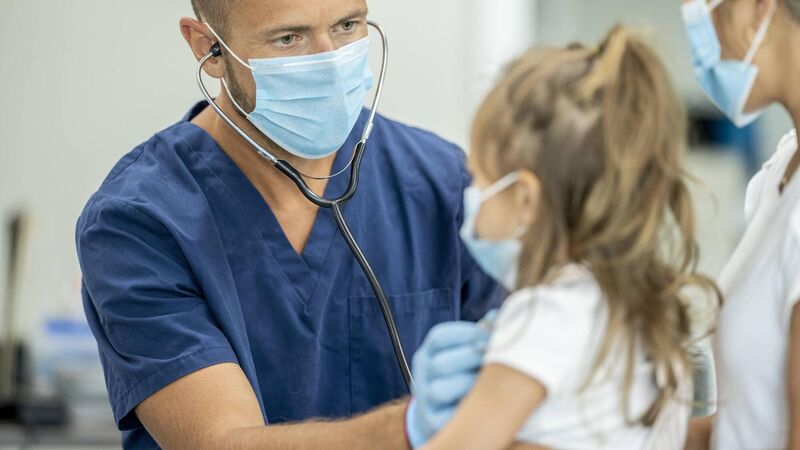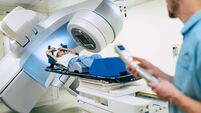'Why us?' New genetics service aims to give answers to parents of children with cancer

'Now we are starting to be able to understand better why cancer happens in children,' says Noelle Cullinan who is leading the new programme. Stock picture
Parents of children diagnosed with cancer in Ireland will get faster answers as to why their child is sick through a new cancer genetics service.
Between 160 and 200 children are newly diagnosed with cancers in Ireland every year.













